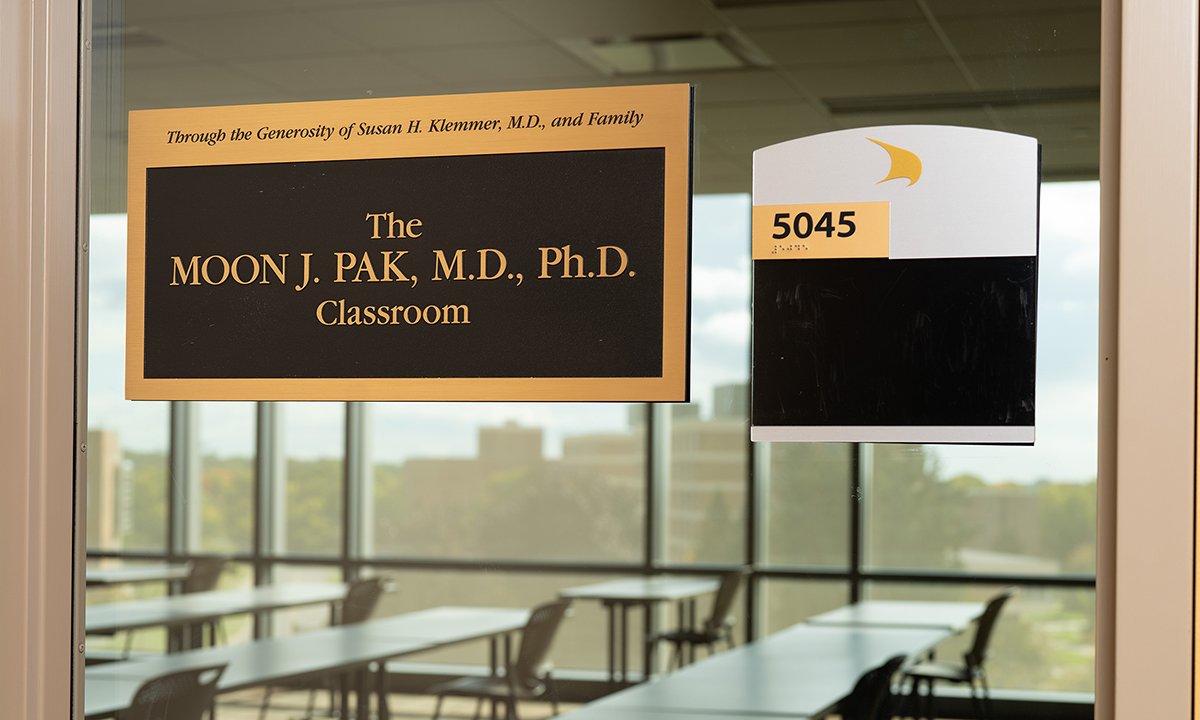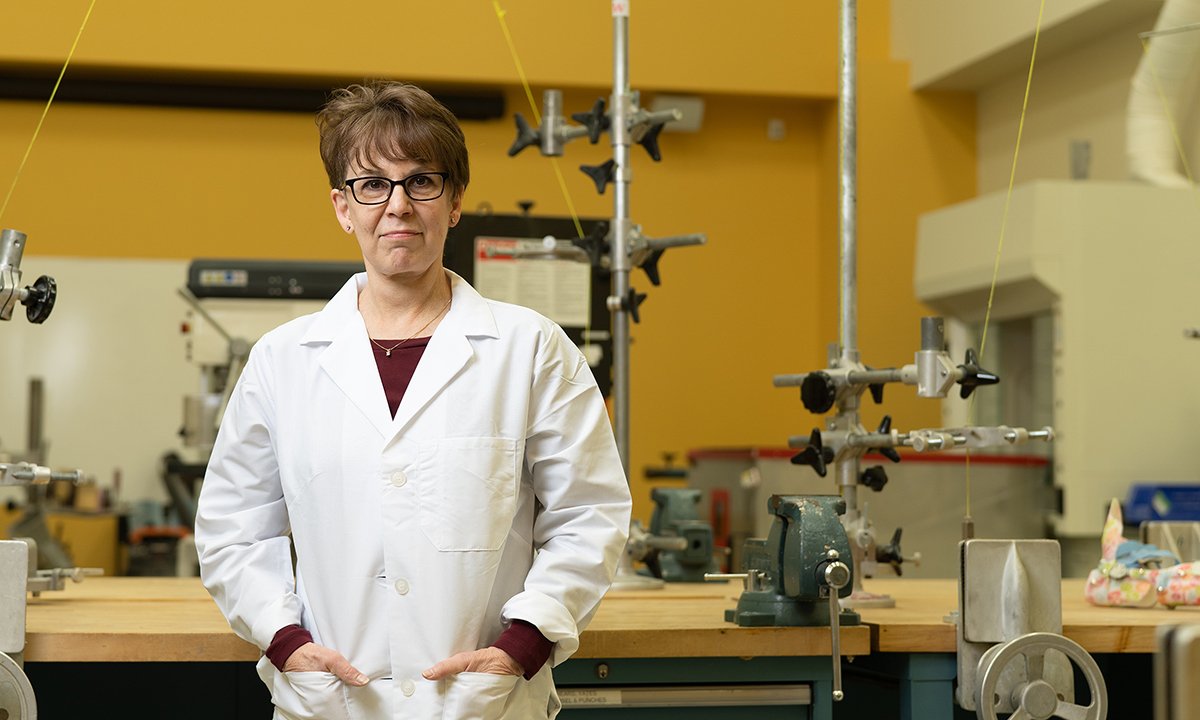To Medical School and Beyond
Catch up with Samantha Pfiffner, CDS ‘20, who is now attending medical school and applying for a residency while continuing research with her OU faculty mentor
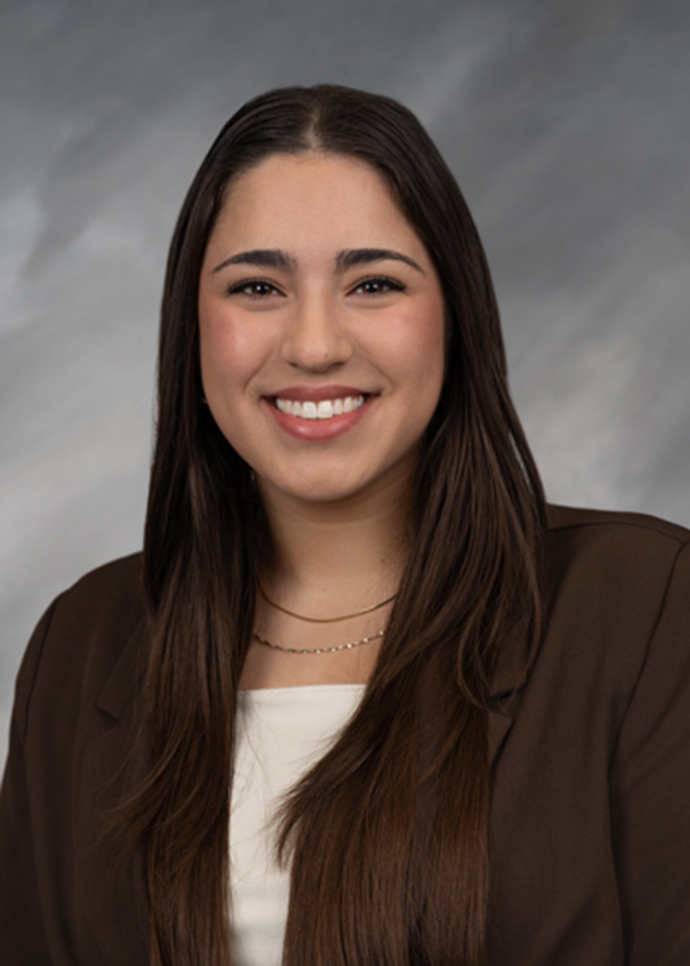 |
School of Health Sciences alumnus Samantha Pfiffner is about to apply for her medical residency, a culmination of the journey she began with Oakland University’s School of Health Sciences in the department of Clinical and Diagnostic Sciences (CDS).
In 2021, graduating as a Presidential Scholar, Pfiffner shared her story about her experiences as a CDS Pre-clinical Professions student. Now a fourth-year medical student at Wayne State University School of Medicine who is applying to a diagnostic radiology residency this upcoming fall, soon-to-be Dr. Pfiffner still continues research with CDS chair Dr. Sumi Dinda.
Pfiffner and Dr. Dinda have continued to conduct breast cancer research throughout both her undergraduate and medical education. This work has resulted in multiple publications and presentations at a national level, including the prestigious ‘Outstanding Abstract Award’ from the national Endocrine Society (ENDO) meeting in 2022. Pfiffner recently presented at ENDO and was a recipient of the Early Career Forum Award. This summer, she completed a one-month research rotation at Oakland University as part of her fourth year medical school curriculum, which also led to a first-author manuscript that is now under review for publication.
Pfiffner has gained excellent preparation for medical school and beyond from her undergraduate CDS degree in SHS. “The practical, clinical knowledge you gain from courses lays an excellent foundation for medical school and medical licensing exams,” she says. “I have a better understanding of hematology, biochemistry, pathology and microbiology because of this undergraduate degree, which I would not have been able to obtain from other majors.”
“A CDS degree teaches you to think critically and understand the laboratory science behind diagnosis,” Pfiffner adds. “After all, we rely heavily on laboratory results to diagnose, treat and manage patients in the hospital – having a deep understanding of lab sciences has been truly beneficial thus far. I know that I will be a better physician because of this background.”
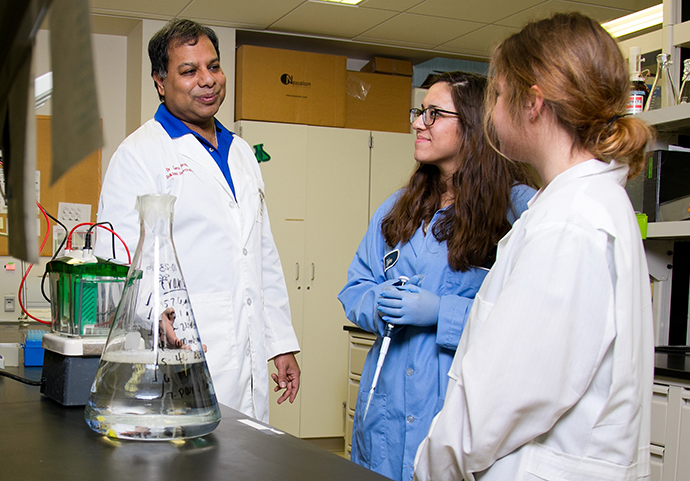 |
| Pfiffner (blue jacket) pictured with Dr. Dinda in 2021 |
Pfiffner has gained invaluable experience for her career as a physician, through her research with Dr. Dinda. “Residency applications are much like medical school applications. Research can play a major role in competitiveness, depending on your chosen specialty and the program you would like to attend,” Pfiffner says. “Continuing to work with the CDS department and conduct research with Dr. Dinda during medical school has been instrumental in my becoming a competitive residency applicant. I am so thankful that I found and chose a CDS major. I don’t know where I would be now without it.”
Learn more about the Department of Clinical and Diagnostic Sciences.
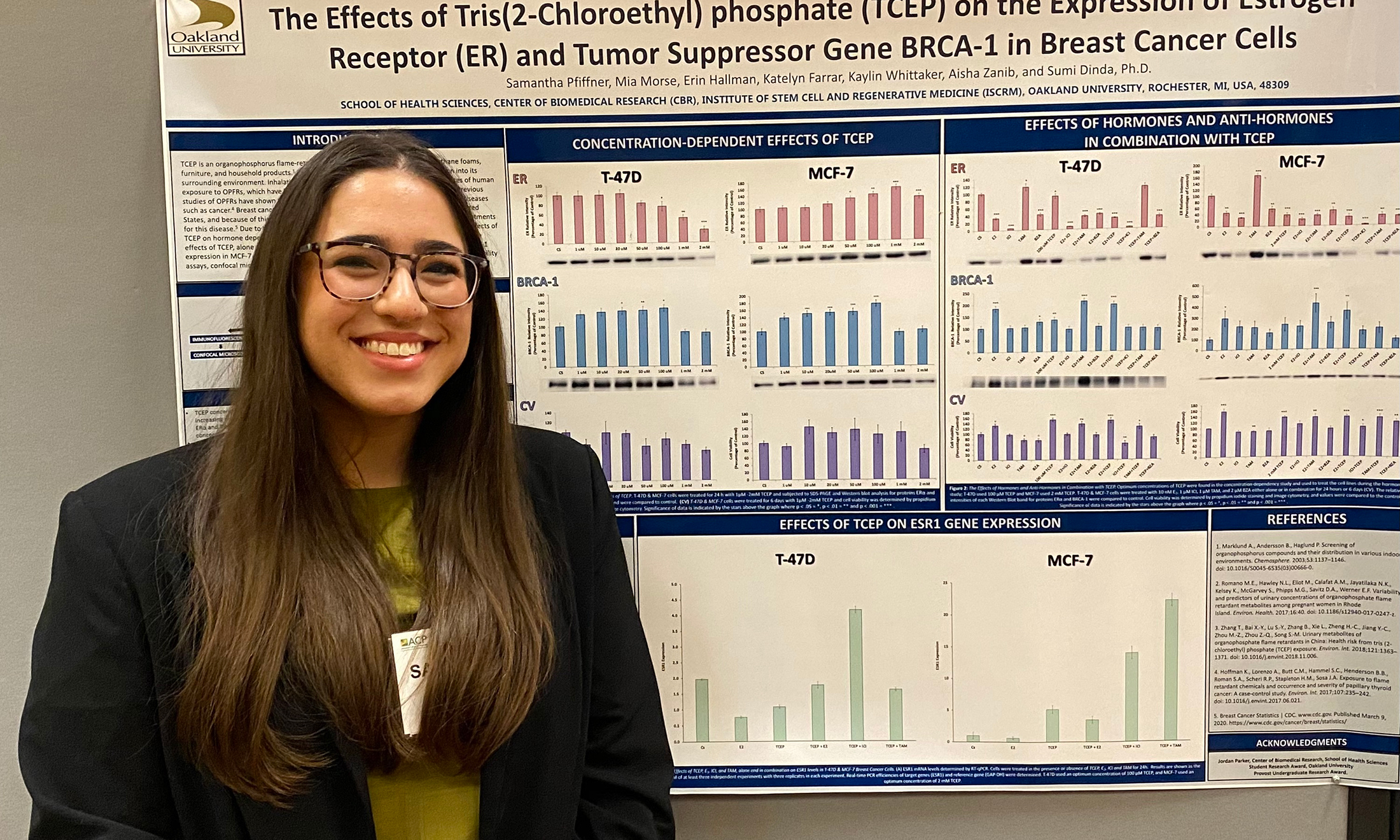
 August 19, 2024
August 19, 2024
 By Jillian Wolf
By Jillian Wolf
